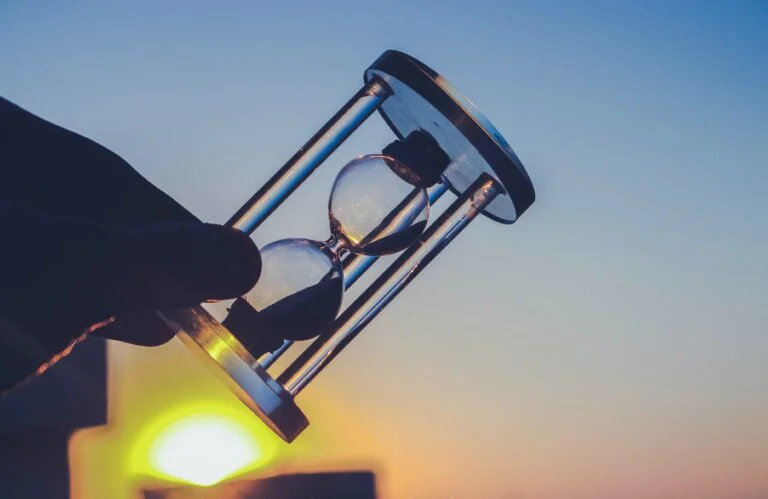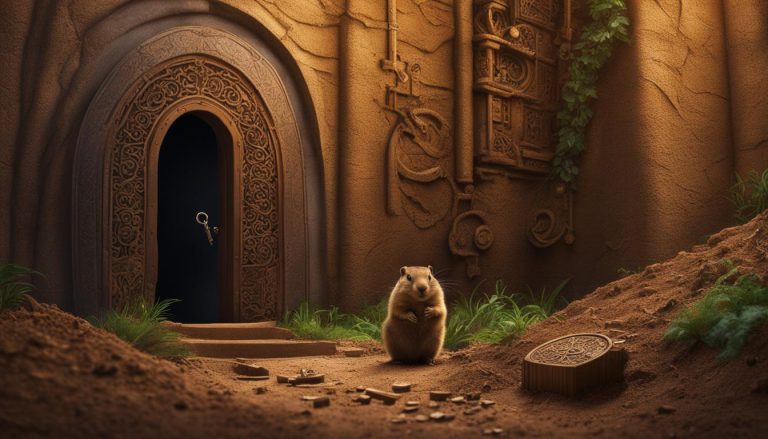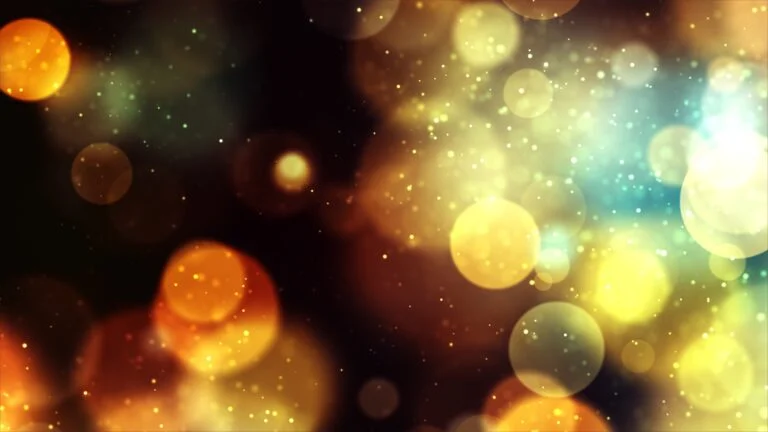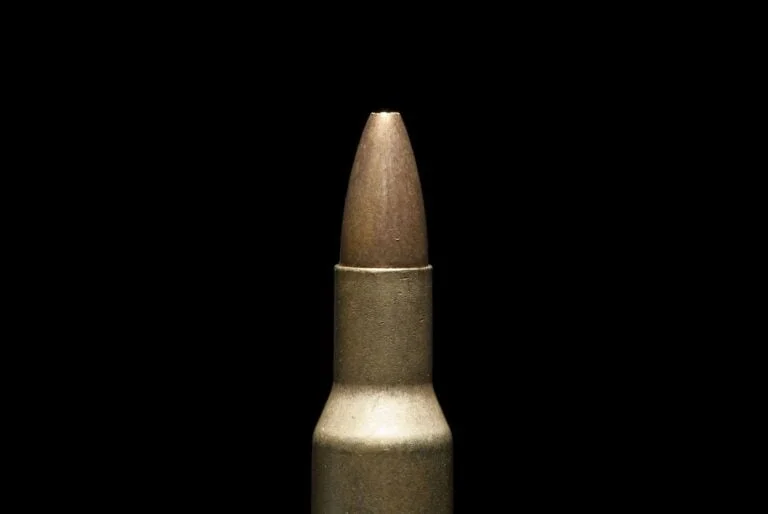Drums are one of human history’s oldest and most influential musical instruments. They have been used in almost every culture worldwide for various reasons, such as communication, ceremonial purposes, and entertainment. But beyond their practical applications, drums hold a deeper symbolic meaning that has captivated the human imagination for centuries.
In this article, we will explore the rich symbolism of drums, from their cultural significance to their spiritual and emotional impact on people. We will also examine the various types of drums and their unique meanings. So, let’s get started.
Cultural Significance of Drums
Drums have played an essential role in many cultures throughout history. They were used in religious ceremonies, cultural festivals, and even warfare. The drum beat was often used to communicate, signaling important messages or events.
African Culture
In African cultures, drums were often used to communicate with the gods and ancestors. They were also used in dances and ceremonies to celebrate important occasions such as weddings, births, and harvests. The drumbeat was believed to have the power to connect people to their spiritual roots and the natural world.
American Culture
In Native American cultures, drums were used in healing rituals and ceremonies. The drumbeat was believed to have a calming effect on the mind and body, promoting relaxation and meditation. The sound of the drum was also thought to have the power to connect people to the spirit world and facilitate communication with their ancestors.
Types of Drums and Their Meanings
There are many different types of drums, each with its unique sound and meaning. Here are some of the most common types of drums and their symbolic significance:
Djembe Drum
The djembe drum is a West African drum traditionally played in a group setting. It is often used in celebrations and ceremonies, and its deep, resonant sound is said to represent the heartbeat of the community.
Taiko Drum
The Taiko is a Japanese drum often used in traditional ceremonies and festivals. Its loud, powerful sound is said to represent the voice of the gods.
Bodhran Drum
The bodhran drum is an Irish drum often used in traditional Irish music. Its rhythmic sound is said to represent the heartbeat of the earth.
Steel Drum
The steel drum is a Caribbean drum often used in calypso and reggae music. Its bright, cheerful sound is said to represent the joy and happiness of life.
The Spiritual and Emotional Impact of Drums
Drums have a powerful spiritual and emotional impact on people. The rhythmic beat of the drum has been shown to have a calming effect on the mind and body, promoting relaxation and reducing stress. The sound of the drum has also been shown to stimulate the brain, promoting feelings of happiness and well-being.
In spiritual practices, the drum is often used to facilitate communication with the divine. The drumbeat creates a trance-like state that allows individuals to connect with their spiritual roots and the natural world.
The drum also has the power to evoke strong emotions in people. The sound of the drum can create joy, excitement, and even sadness. The drum is often used in music therapy to help individuals express their emotions and promote healing.
Frequently Asked Questions
Final Thoughts
Drums are more than just musical instruments. They hold a deep symbolic meaning that has captivated the human imagination for centuries. From their cultural significance to their spiritual and emotional impact, the drum has played an important role in many aspects of human life.
Whether you are a musician, a spiritual seeker, or simply someone who appreciates the power of the drum, understanding its symbolism can help you connect with its rich history and meaning. So next time you hear the rhythmic beat of a drum, take a moment to appreciate its significance and impact on human culture and spirituality.






